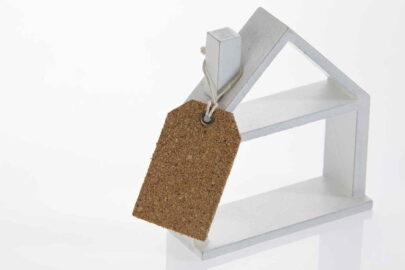The Office for National Statistics has reported that average house prices in the UK increased by 3.5% in the year to September 2018, up from 3.1% in August 2018.
However, over the past two years, there has been a slowdown in UK house price growth, driven mainly by a slowdown in the south and east of England.
The lowest annual growth was in London, where prices fell by 0.3% over the year, up from a fall of 0.6% in the year to August 2018.
The average UK house price was £233,000 in September 2018. This is £8,000 higher than in September 2017. On a non-seasonally adjusted basis, average house prices in the UK were unchanged (0.0%) between August 2018 and September 2018, compared with a decrease of 0.4% in average prices during the same period a year earlier (August 2017 and September 2017).
On a seasonally adjusted basis, average house prices in the UK increased by 0.3% between August 2018 and September 2018.
Jeff Knight, marketing director for Foundation Home Loans, said: “Never-ending political uncertainty has clearly dragged on buyer confidence, with the property market at its weakest for six years. A limbo state is never a good sign but doesn’t mean everything comes to a complete stand still – regionally we are still seeing significant investment interest which confirms it’s not all doom and gloom.
On the buy-to-let side activity has been supported by rising tenant demand due to numbers of landlords preparing to sell up and avoid the new buy-to-let taxation. Supporting prospective buyers and tenants as they navigate the market when people are unlikely to strike a deal until negotiations have come to an end is crucial. An increase in those needing specialist financial support is something lenders should have at the top of their agenda as we head into year end.”
Chrysanthy Pispinis from Post Office Money added: “House price growth is slowing across the UK, particularly in the South; a trend we expect to continue while the market remains uncertain. This slowdown presents a window of opportunity for first-time buyers as changes made such as tax incentives and product innovations have supported more buyers to enter the market; in the last year alone for instance, we’ve seen successful first-time buyers increase by 12%.
“Increased housing supply, which has supported affordability and more ‘deposit-free’ mortgage options, has helped one in 10 new buyers to get on the ladder. Other changes, such as the abolition of stamp duty for properties up to £300,000, have helped the average first-time buyer save over £2,000. These savings can make a huge difference to first-time buyers’ ability to effectively plan and budget for the full costs associated with moving, which are often underestimated by 80% of buyers.”
